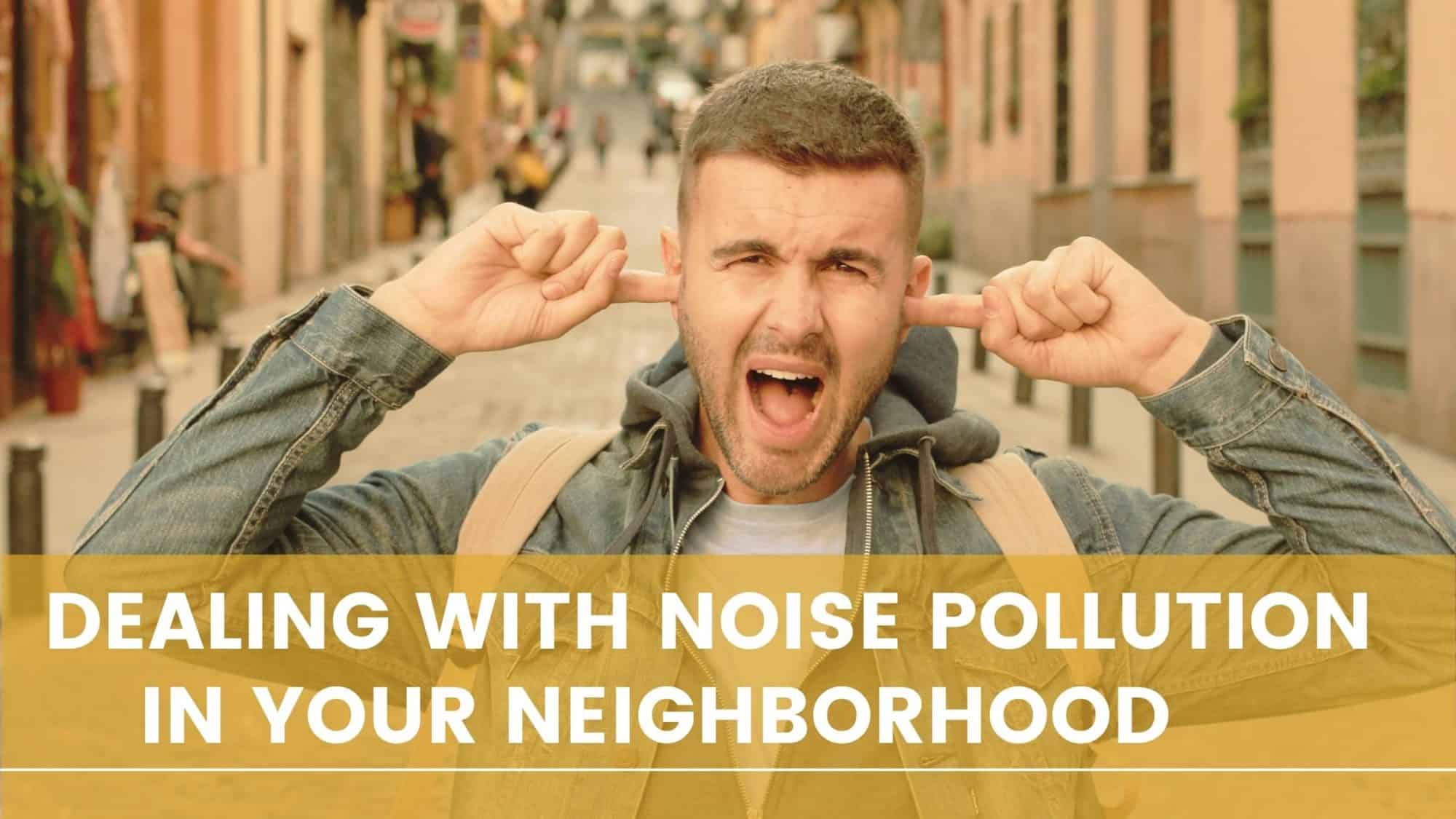- The Connection Between Hearing Loss and Dementia - July 30, 2024
- The Advantages of Rechargeable Hearing Aids - July 16, 2024
- How to Enjoy Music Festivals While Protecting Your Hearing - July 3, 2024
We live in a noisy world, and yet we’ve essentially grown immune to the loudness that surrounds us every day. But while our attention to the noise might not be conscious, it certainly affects our hearing health! Our ears evolved to function in a much, much quieter environment. Prior to the industrial revolution, the sounds we encountered in our daily life were exponentially less loud. And that adds up to a decline in hearing health over a lifetime. In fact, most cases of midlife onset of hearing loss are attributed to damage due to too-loud noise.
Today, the American Speech-Language-Hearing Association estimates that around 30 million of us regularly deal with dangerous noise levels. Unless you are somewhat isolated in a remote area, it is safe to say that noise pollution exists in your neighborhood. There are ways you can reduce your exposure to noise pollution and protect your invaluable hearing health.
How much louder is today’s world?
Consider Niagara Falls. These days, you have to pretty much be within spitting distance to hear their famous roar. But, our ancestors would have been able to hear the falls from miles and miles away. In the 17th century, Father Louis Hennepin — widely considered the first white person to document Niagara Falls — said that he could hear the falls “at a distance of 16 leagues.” Okay, so as our society became louder, we also moved onto more sophisticated measures of distance. But 16 leagues is the equivalent of almost 30 miles!
Drowning out the magnificent sound of the Falls is everyday noise we have become accustomed to.
Common causes of noise pollution
These days, Niagara Falls is competing with traffic and other common sources of noise pollution for our ears’ attention. Busy streets and highways can register between 70 and 80 decibels (the measurement for sound). An ambulance siren is around 120 to 130 decibels. To put that into perspective, 70 decibels is the threshold for what is considered a safe level of sound. Conversations tend to hover around 60 decibels. And sounds at 85 decibels or more can do damage to your hearing and even result in hearing loss.
Other ubiquitous causes of noise pollution can include: Lawnmower (90 decibels), Airplanes (120-140 decibels) and Construction sites (80-90 decibels).
We play loud, too
We encounter excessively loud noise in our recreational lives, too. Concerts with amplified sound are often unsafe for our ears, particularly with repeated exposure. Restaurants, at an average of 80 decibels, turn the volume up way too high between their piped in music and the clatter of dishes and din of conversation. Volumes we are exposed to at sporting events can spike to 130 decibels when the crowd goes wild.
It’s not just our hearing that is at risk, noise pollution is also linked with other negative physical outcomes like disturbed sleep, heart disease and diabetes, chronic pain, fatigue, increased stress, irritability and aggression and poor work and school performance.
Prevention is the best cure
Our ears, developed in a quieter world, rely upon non-regenerative — meaning they don’t grow back — inner ear cells. When they are damaged, we lose our ability to easily hear the full spectrum of frequencies. If exposure to too-loud noise is prolonged, our sense of hearing may become so diminished that over time, it becomes hearing loss. The best cure for noise-induced hearing loss is prevention, or taking precautions to protect the hearing we have.
There are preventative steps you can take in your daily life to preserve your healthiest hearing. Turn down the volumes on your personal devices and monitor that they stay in a moderate range. If you are at a noisy event without any protective hearing, take breaks in a quiet place away from the noise to provide your ears and body a little relief.
You can invest in a pair of noise reducing headphones or earplugs to bring to events or spaces where you know you’ll be exposed to unhealthy levels of noise. Our team of hearing health professionals are well versed in the best options for protective ear wear and can help you make the best choice for your lifestyle.

